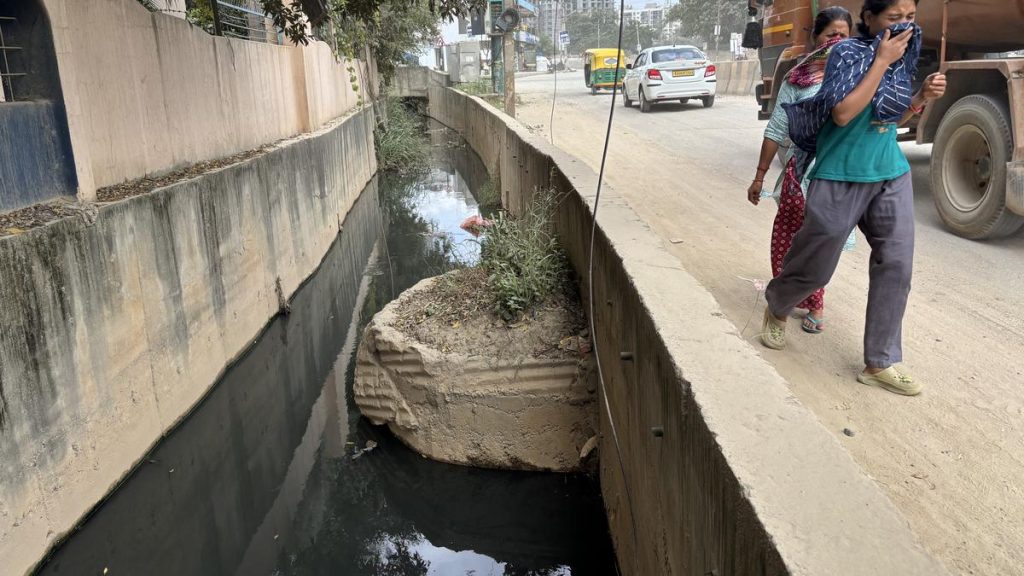Now Reading: NHAI Targets Subcontracting in Highway Projects
-
01
NHAI Targets Subcontracting in Highway Projects
NHAI Targets Subcontracting in Highway Projects
Speedy Summary
- NHAI Tightens Bidding Norms: The National Highways authority of India (NHAI) has tightened bidding norms for highway projects to curb subcontracting by concessionaires.
- Policy Changes:
– Unauthorized subcontracting or exceeding prescribed subcontracting limits will now be considered an “undesirable practice,” leading to penalties such as forfeiture of bid and performance security.
– Security deposits from third parties are prohibited; they must be sourced by the concessionaire directly.
– Qualification criteria for “similar work” in bids tightened-contractors can no longer claim eligibility by citing minor activities like earthworks.Only completed highway projects with major comparable components will fulfill the criterion.- Certificates demonstrating experience must conform to prescribed formats, including a statutory auditor or client verification.
- Impact Statement from NHAI: These measures aim to ensure better infrastructure quality, timely project completion, and optimal use of public resources while enhancing regulatory oversight.
- Background Issues Highlighted: Serious concerns about unchecked contractor layering linked to delays and lowered quality have been flagged earlier by the Parliamentary Accounts Committee.
Indian Opinion Analysis
The NHAI’s revised bidding rules reflect a policy shift aimed at addressing longstanding structural issues in India’s highway development sector. Subcontracting malpractices often dilute accountability, compromise project quality, and delay timelines-challenges that stem largely from fragmented duty among layers of contractors. by tightening regulations around bid security sourcing and redefining “similar work” criteria for qualification, these changes could streamline processes and enforce accountability more effectively.
However, implementation rigor will ultimately determine whether these measures lead to practical improvements on the ground.the crackdown on unauthorized subcontracting addresses one key avenue where inefficiency infiltrates critical infrastructure projects. If applied uniformly across EPC,BOT,and HAM models-with adequate oversight-it might contribute meaningfully toward achieving faster project completions without sacrificing quality standards.
Strengthening institutional checks is essential given India’s reliance on its road network for economic growth; any inefficiency impacts cost-effectiveness and also public confidence in government-led initiatives. These proactive steps demonstrate responsiveness but demand continuous monitoring for real-world efficacy.
Read More: The Hindu
























